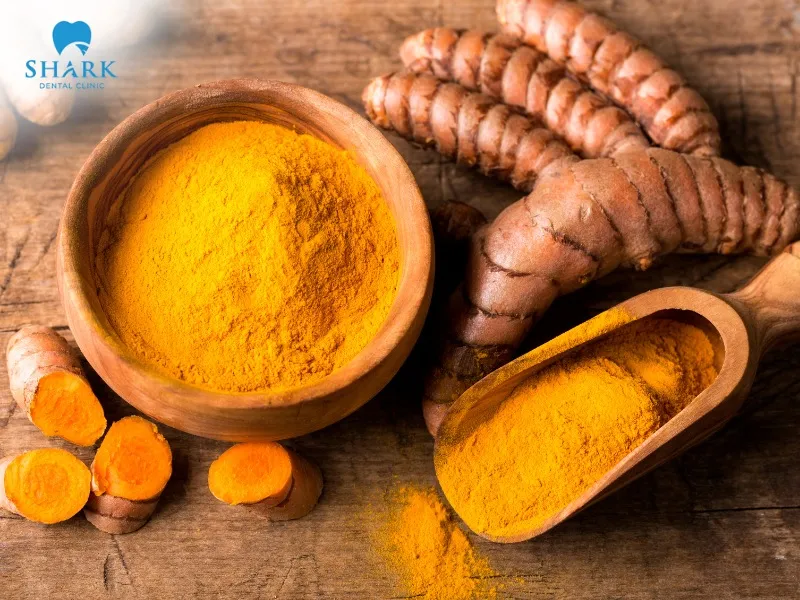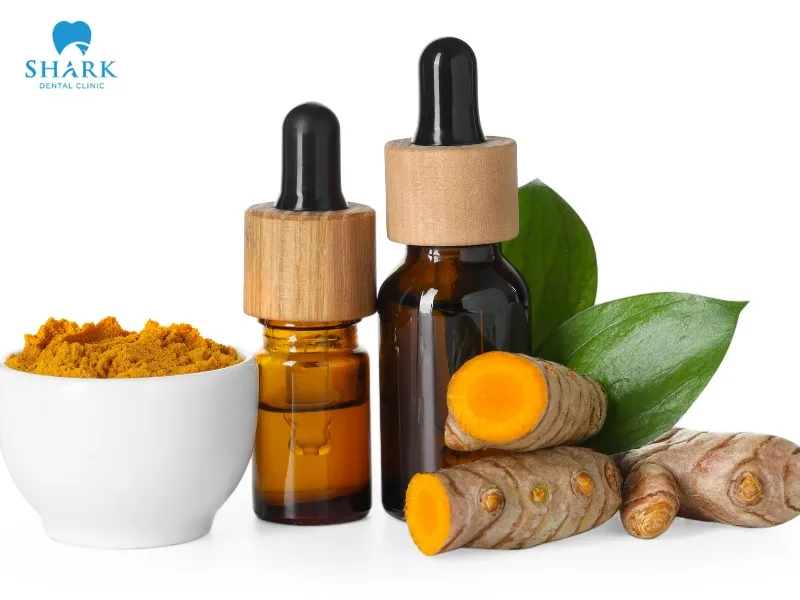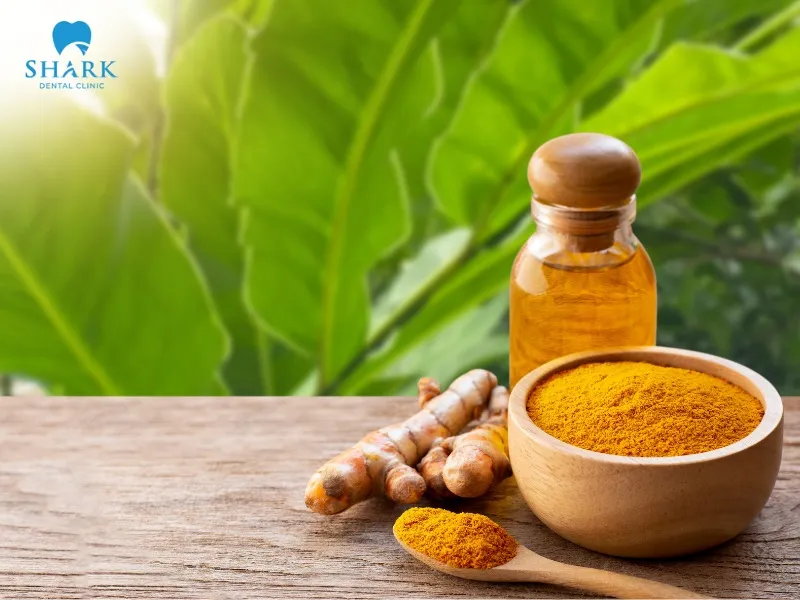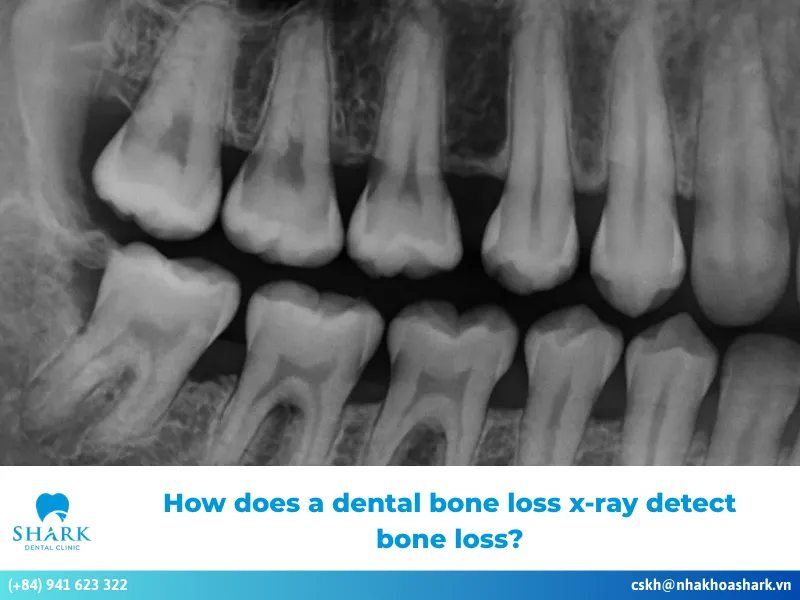Turmeric teeth whitening is a traditional home remedy that many people share and use. However, is this truly an effective method for whitening teeth? How is it done, and does it pose any health risks? To find out the answers to these questions, let’s explore the detailed information in the following article!
What can turmeric do for your teeth?
Turmeric is a common spice found in most household kitchens, and it offers several health benefits. The compound curcumin found in turmeric helps whiten teeth naturally without damaging the enamel or the structure of the teeth.
In addition to whitening, turmeric powder is effective in supporting the treatment of oral diseases such as gingivitis, tooth decay, and periodontitis, due to its strong antibacterial and anti-inflammatory properties. It’s an easy-to-find, inexpensive, and safe ingredient that does not negatively affect overall health when used properly. These outstanding advantages have made turmeric teeth whitening increasingly popular for home use.

>>> See more: Can you whiten your teeth while breastfeeding?
How to use turmeric to whiten teeth?
Whitening your teeth with turmeric is simple, easy to apply, and can be done at home. However, the whitening effect does not last long, and consistency is key to achieving the best results. It is recommended to consult your dentist for professional advice to ensure safe and effective whitening.
Ingredients needed include pure turmeric powder, coconut oil for teeth whitening, a soft-bristled toothbrush, toothpaste, and a small bowl. Mix all the ingredients in the bowl and stir until you get a smooth paste. Dip the toothbrush into the mixture and brush your teeth as usual.
After brushing all surfaces, between teeth, and along the gum line, rinse your mouth thoroughly with water. Then brush again with regular toothpaste to clean away any remaining residue. This method should be practiced 2–3 times per week for optimal results.

>>> See more: Oil pulling teeth whitening
Are there any side effects or risks of using turmeric to whiten teeth?
While turmeric powder is generally considered safe for oral health, there are some minor risks to be aware of during the whitening process:
- Yellow stains on teeth: The curcumin in turmeric helps clean teeth and remove surface buildup. However, this compound can stick to teeth, potentially leaving a yellow tint if you don’t rinse your mouth thoroughly.
- Allergic reactions: Some individuals with sensitive skin or oral tissues may be allergic to certain components of turmeric. It’s advisable to test a small amount of turmeric powder first; if no irritation occurs, you can proceed with the turmeric teeth whitening method.
- Effect on enamel: Turmeric has mild astringent properties that could affect tooth enamel if used too frequently or in large amounts. While not scientifically proven, it’s best to avoid whitening with turmeric more than once per day.
- Tooth sensitivity: Using turmeric for teeth whitening may cause temporary tooth sensitivity or discomfort. Many people mix turmeric with lemon to enhance the whitening effect, but lemon can erode enamel and pain after teeth whitening.
- Unpleasant smell: Some users find the strong scent of turmeric unpleasant when used in the mouth. Fresh turmeric has a slightly pungent odor that may cause discomfort for some when smelled or applied directly.

In conclusion, turmeric is a natural ingredient that offers several benefits for oral health. However, achieving whiter teeth with turmeric requires patience and careful application to minimize potential risks such as tooth discoloration, sensitivity, or enamel wear.
The above content has shared effective ways to perform turmeric teeth whitening, including its benefits and possible side effects during use. If you wish to have long-lasting white teeth while ensuring safety for your oral health, contact Shark Dental Clinic for detailed consultation today!
>>> See more: Teeth whitening for sensitive teeth









